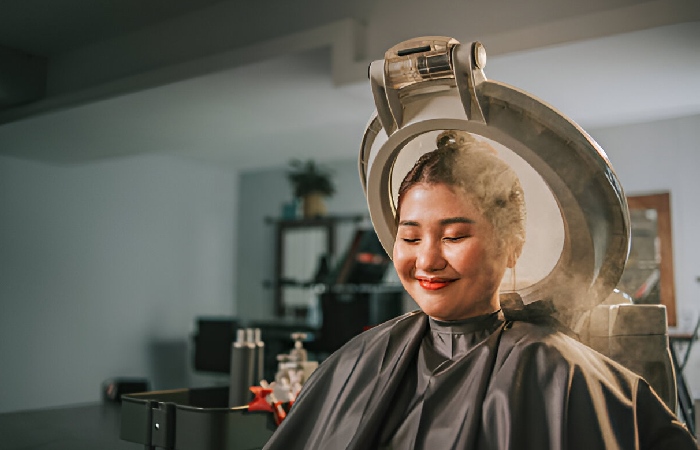Understanding Oily Skin
Night Cream For Oily Skin – When dealing with oily skin, many people mistakenly believe that drying out the skin is the best solution. However, dermatologists suggest that moisturizing is actually crucial for managing oily skin, particularly at night. This approach may seem counterintuitive, but it’s based on sound skin science.
Oily skin is categorized by an overproduction of sebum. It is a natural oil produced by skin sebaceous glands. While sebum is essential for skin health in normal amounts, excess production can lead to a greasy appearance, clogged pores, and acne. Oily skin can be genetic or influenced by factors such as hormones, environment, and skincare habits.
Importance of Night Cream For Oily Skin
Contrary to popular belief, using harsh, drying products can exacerbate oily skin. When the skin becomes too dry, it recompenses by producing even more oil. This is why moisturizing is key to regulating oil production and maintaining skin balance.
Dermatologists recommend moisturizing oily skin once a day, preferably at night. Nighttime application is ideal because the skin enters a repair mode during sleep, allowing active ingredients to penetrate more effectively. Additionally, the skin loses more water at night, so a moisturizer helps seal in hydration.
Choosing the Right Moisturizer
While choosing a right moisturizer for oily skin, choose for lightweight, oil-free, and non-comedogenic formulas. Look for ingredients like hyaluronic acid, polyglutamic acid, glycerin, and aloe, which provide hydration without clogging pores. Ceramides and squalane can also support the skin barrier without causing breakouts. Avoid heavy creams, ointments, and products containing rich butters, oils, petrolatum, or vitamin E.
Dermatologist-Recommended Products
Several dermatologist-approved products cater to oily skin. For instance, Skincare Junkie’s Megadose Super Antioxidant Face Moisturizer offers antioxidant and anti-aging benefits in an oil-free formula. Murad’s Oil Control Mattifier SPF15 combines hydration with sun protection, while Cetaphil’s DermaControl Oil Absorbing Moisturizer SPF 30 moisturizes while controlling oil production. For those in drier climates, CeraVe’s Ultra-Lightweight PM Facial Moisturizing Lotion provides slightly richer hydration while remaining non-comedogenic.
Application Tips
To effectively moisturize oily skin, start by thoroughly cleansing your face twice daily. Apply your moisturizer as the ending step in your nighttime routine, after any treatment serums. A nickel-sized amount should suffice for most people. Gently massage the night cream onto your skin for optimal absorption.
Some dermatologists also recommend incorporating a retinoid into your routine alongside moisturizer to help unclog pores and maintain skin balance. However, it’s essential to introduce new products gradually and consult with a dermatologist if you have concerns.
Conclusion
While it may seem counterintuitive, moisturizing oily skin at night is a key strategy for managing excess oil production. By choosing the right product and using it consistently, you can help balance your skin, reduce oiliness, and promote overall skin health. Remember that skincare is not one-size-fits-all, so it may take some experimentation to find the perfect routine for your unique skin needs.



